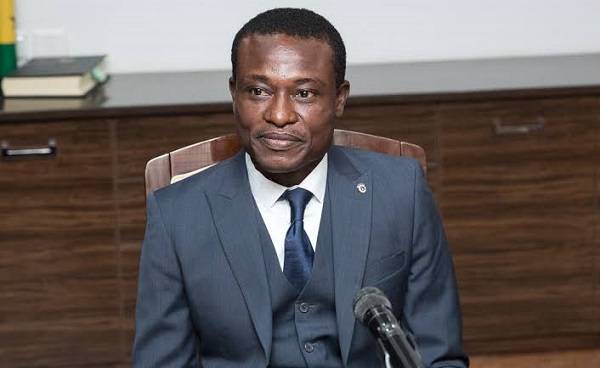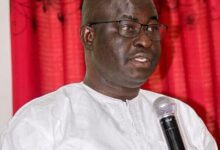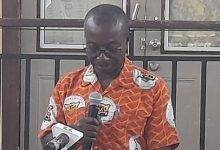
The Special Prosecutor, Mr Kissi Agyebeng has said calls by a section of the public for the Office of the Special Prosecutor (OSP) to be scrapped were ‘unwholesome’ as this could hinder the country’s fight against corruption.
According to him, an objective evaluation of the attempts to unfairly and unjustly discredit the OSP and its principal officers depended on whether a person and his associates were at the short end of an investigation carried out by the office.
Mr Agyebeng was speaking as one of the four panellists at a round table discussion organised by the Centre for Democratic Development (CDD-Ghana) in partnership with the University of Ghana Business School (UGBS) in Accra on Monday on the theme, ‘New Frontiers in Ghana: State Capture and Corruption, Implications for Ghana and Africa.’
For the OSP to effectively achieve its mandate, the Special Prosecutor indicated the need to nurture and entrench the OSP to expand its powers and resonate it from political marginalisation.
For her part, the Executive Director of the Economic and Organised Crime Office (EOCO), Commissioner of Police (COP) Maame Addo-Danquah indicated that her outfit had made considerable efforts in the fight against corruption through institutional and international partnerships, internal control, and awareness creation.
That notwithstanding, COP Addo-Danquah explained that EOCO was faced with several challenges which included evidence gathering, lack of adequate logistics, legislation, and a lack of political will.
According to COP Addo-Danquah, a new EOCO Act to help address issues such as crypto currency which had emerged since the passage of the EOCO Act 2010 would soon be passed.
Also joining the discussion via Zoom, the Vice-President at IMANI Africa, Mr Bright Simons noted that it was important for the citizenry to understand the concept of state capture as it was often confused with grand corruption.
Mr Simons further explained that it was difficult to describe the situation of state capture in the African context, including Ghana because the private sector was not well defined.
He noted that until the first decade of the 21st century which saw the emergence of big companies such as Zoomlion, the private sector in Ghana was seen as one which was being crowded out due to government policies or financial repression.
That, he said made it difficult to identify specific conditions of state capture in the Ghanaian context.
In reference to the National Identification Card, and the digital addressing system as case studies, Mr Simons said the situation in Ghana could be described as a state enchantment where the interest of the private sector that made use of state resources were presented as a national interest.
Civil Society Organisations (CSOs), Mr Simons said had to be resourced not to fight corruption directly, but to enhance overall accountability about government actions and policies.
Professor Daniel Kaufmann, Guest Speaker for the programme, said it was important for various dimensions of governance when addressing the issue of corruption.
Also, he indicated that the data obtained from various sources across the world revealed that Ghana was not placed higher on the state capture indexes, however, the trend kept on increasing.
BY BENJAMIN ARCTON-TETTEY







